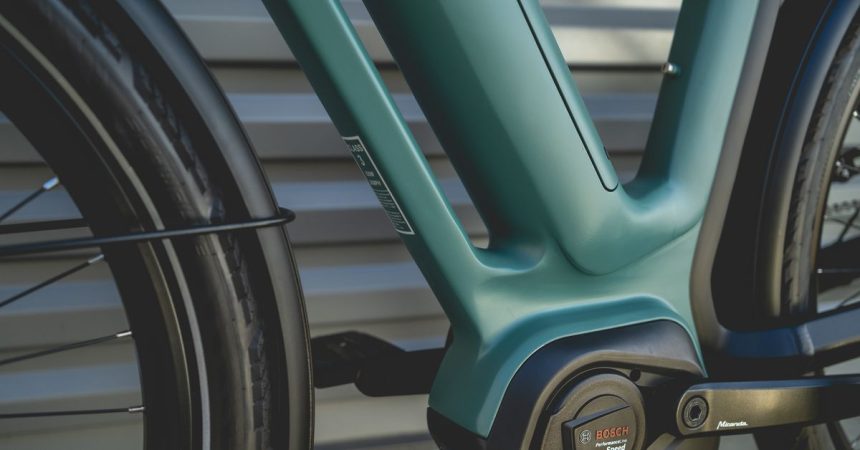The escalating problem of e-bike battery theft demands robust solutions, particularly as e-bike adoption surges globally. The Netherlands, a nation at the forefront of cycling culture, serves as a stark example, with over half of new bicycle sales being electric. This proliferation of valuable e-bike batteries, often costing between $300 and $1,000 to replace, has created a lucrative market for thieves who exploit vulnerabilities in existing mechanical locking systems. The financial burden falls squarely on the owner, who must not only replace the expensive battery but potentially also repair any damage inflicted on the bike’s housing during the theft. This situation underscores the urgent need for more effective anti-theft measures.
Bosch, a major player in the e-bike drive system market, has introduced Battery Lock, a digital locking mechanism designed to deter theft by rendering stolen batteries useless. This technology integrates with the Bosch smart system, encompassing various battery types, including DualBatteries and the PowerMore 250 Range Extender. The system links the battery to the user’s digital key via the Bosch Flow app and Kiox bike displays. Upon turning off the e-bike, Battery Lock automatically engages, securing the battery. If a locked battery is then inserted into another Bosch-equipped e-bike, the motor is deactivated, effectively disabling the bike. This renders the stolen battery worthless to the thief and eliminates the incentive for resale, theoretically contributing to a reduction in thefts.
Bosch’s vision, to eradicate e-bike theft involving its systems entirely, hinges on the widespread adoption and effectiveness of Battery Lock. The company envisions a future where the lack of a resale market dissuades thieves from targeting Bosch batteries altogether. However, the implementation strategy raises concerns regarding the accessibility and comprehensiveness of the solution.
The decision to tie Battery Lock to the Flow+ subscription service, priced at $35/£35/€40 annually after a free trial year, undermines its potential as a universal theft deterrent. While premium features like GPS tracking and alarm systems are justifiable additions to a paid subscription, a core security feature like Battery Lock should be standard across all Bosch smart systems. The current approach creates a two-tiered system, where only subscribers benefit from this crucial protection. This leaves a significant portion of Bosch-equipped e-bikes vulnerable to theft, perpetuating the market for stolen batteries.
The existing integrated system lock on Bosch e-bikes, which requires a digital key to activate the motor and is available without a subscription, sets a precedent for incorporating essential security features as standard. This approach should be extended to Battery Lock to maximize its effectiveness and truly realize Bosch’s zero-theft vision. Restricting such a vital security feature to a paid subscription undermines the overall goal of eliminating theft and creates an unnecessary vulnerability for non-subscribers.
In conclusion, while Bosch’s Battery Lock technology holds promise for combating e-bike battery theft, its effectiveness is hampered by its implementation as a subscription-based feature. To achieve its stated goal of eliminating e-bike theft, Bosch should consider making Battery Lock a standard feature across all its smart systems, independent of subscription status. This inclusive approach would create a stronger deterrent by eliminating the market for stolen batteries and bolstering the security of all Bosch-equipped e-bikes, not just those belonging to Flow+ subscribers. The current strategy, while potentially profitable, ultimately undermines the broader goal of enhanced security and risks perpetuating the very problem it aims to solve.



